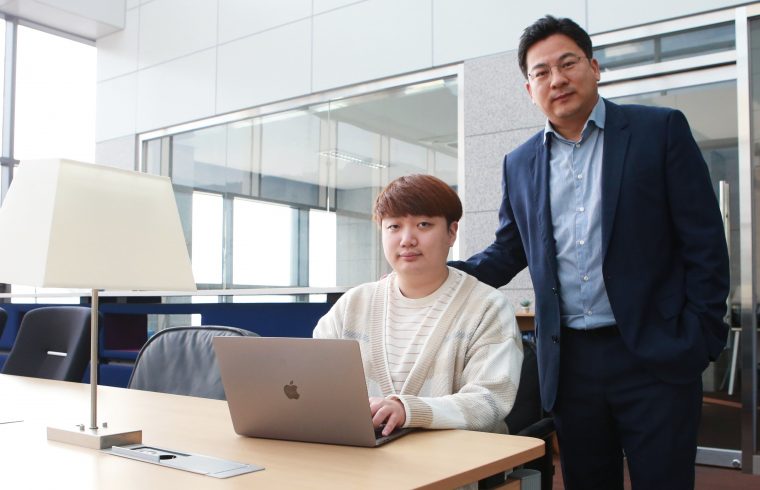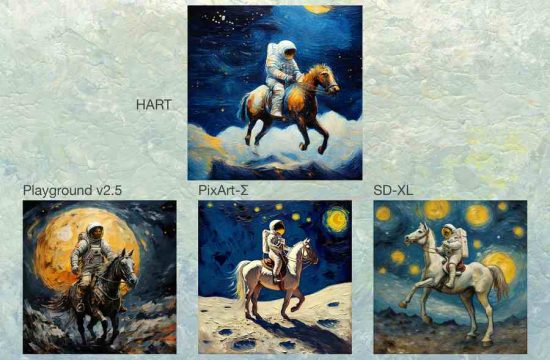The team of Prof. Jae Youn Hwang at the Department of Information & Communication Engineering, DGIST has developed an artificial intelligence neural network module for object segmentation in images within different domains, using deep learning technology. The findings of this research are expected to make a positive contribution to the development of remote sensing and medical imaging technologies
In line with the recent trend in remarkable advancement and performance improvement in deep learning, which is a subfield of artificial intelligence, there has been active research and applications in this field. In particular, there has been an increasing demand for industrial applications, and areal images of a wide range of areas have been acquired.
However, in these aerial images, the domains that represent image features differ depending on the time the images are taken, as well as the location and characteristics of the city where the images are taken. When aerial images have different domains in respective cases, it will be more difficult to use the images to detect specific objects or predict individual images in photos that integrate a variety of aerial images each with a different domain.
To address these difficulties, Prof. Hwang hypothesized that this problem could be resolved by fine-tuning the variables of the network parameters of aerial images with multiple domains. Consequently, the research team was able to accurately segment a building from aerial images and precisely detect a building in areal images with different domains.

In addition, by using the structure of generative adversarial networks (GANs), the team developed a domain-adaptive neural network capable of adjusting the parameters of the artificial intelligence neural network by itself to match the domains input to the photographed images.
when the algorithm for building detection (segmentation) was applied to aerial images of different domains, the location, boundary, and shape of buildings were accurately detected, including the domains used for training the artificial neural network.
Prof. Jae Youn Hwang commented, “The neural network developed in this research is novel and capable of adaptive adjustment according to each domain.” He added, “With improvements in the proposed method, the findings of the research are expected to have a positive impact on the further development of artificial intelligence with application to a variety of fields such as remote sensing and medical imaging.”
In this research, Kyungsu Lee, a Ph.D student participated as the first author. In addition, the results of this research were presented at the International Conference on Computer Vision (ICCV) 2021, the most prestigious conference in the field of computer vision and artificial intelligence.









